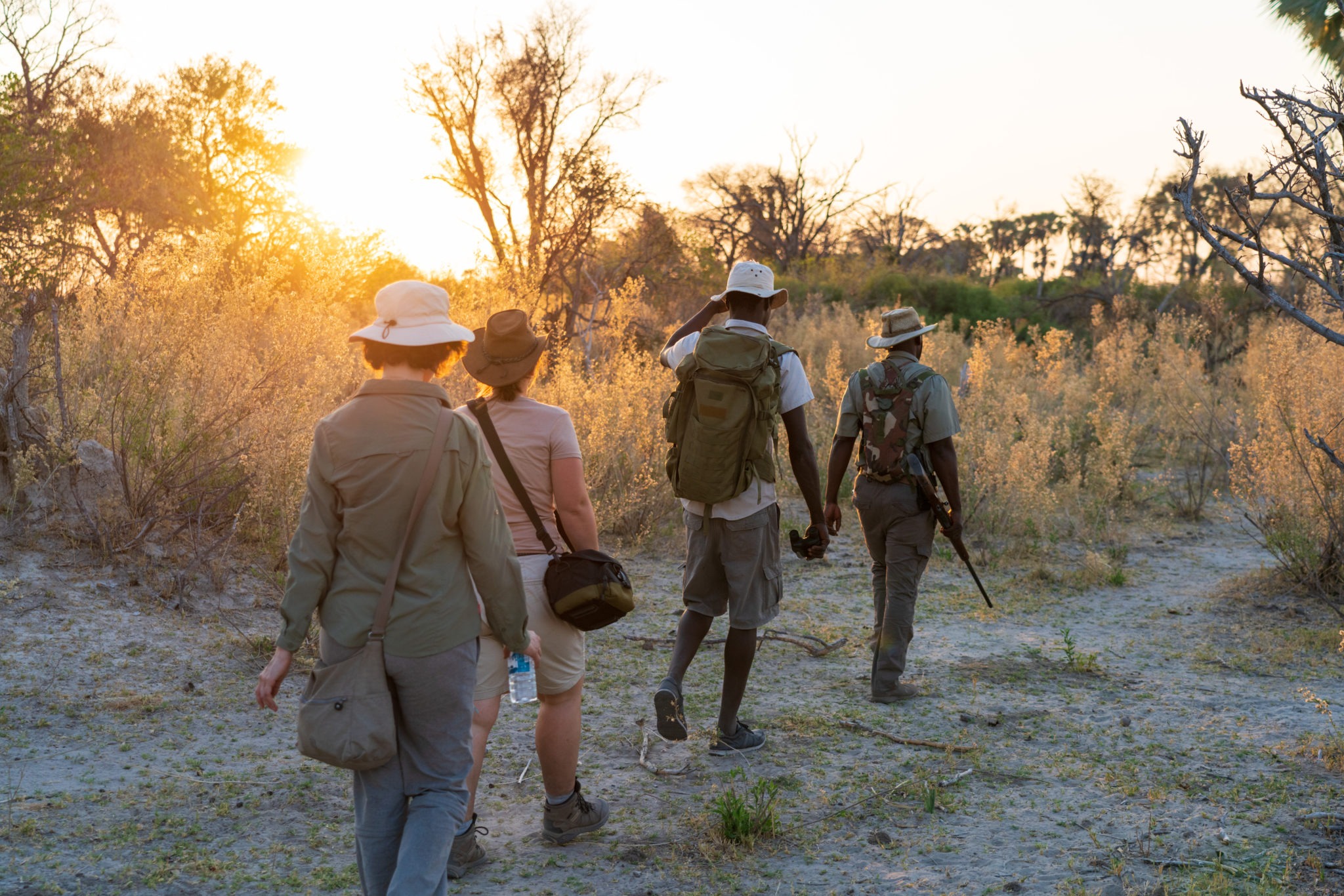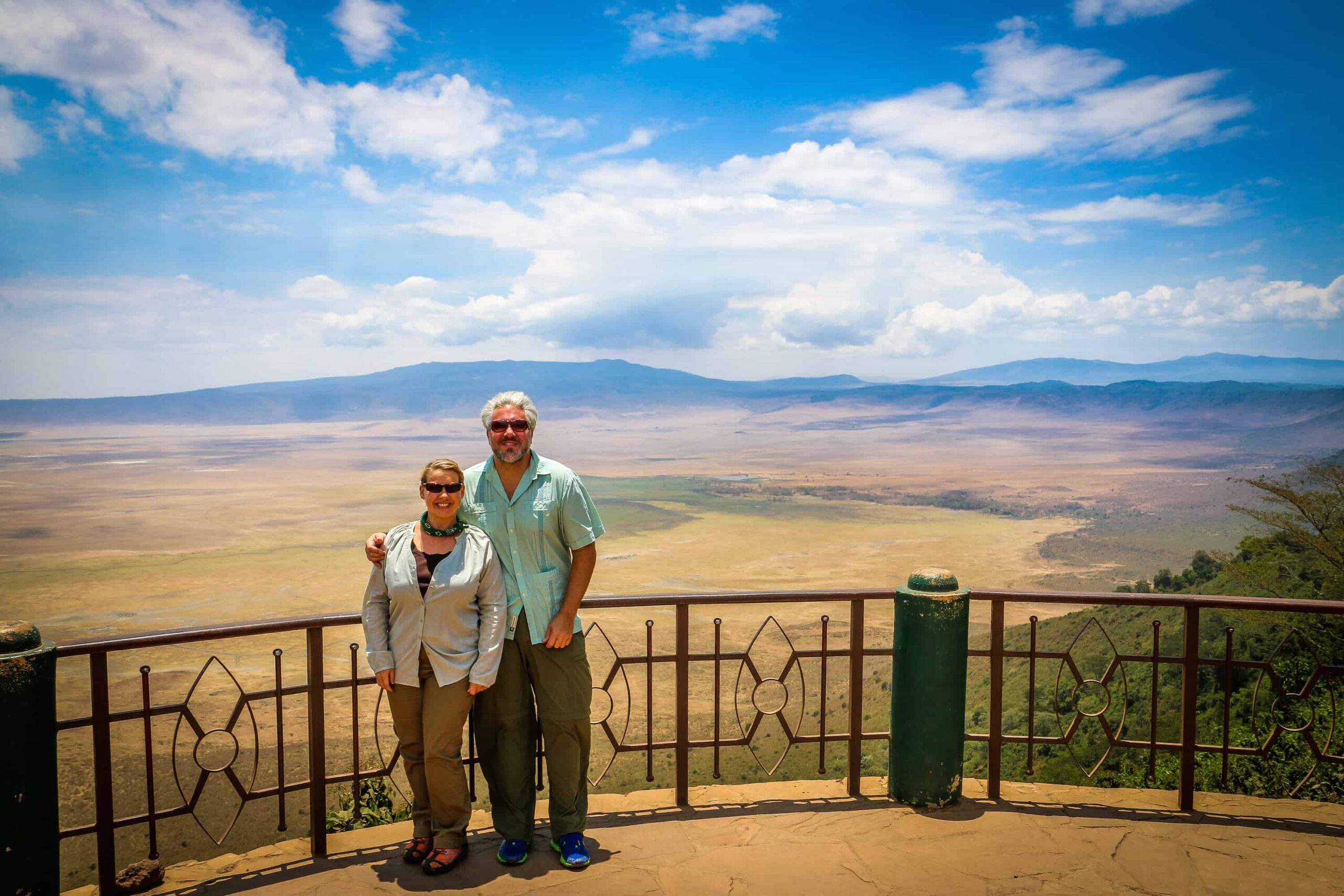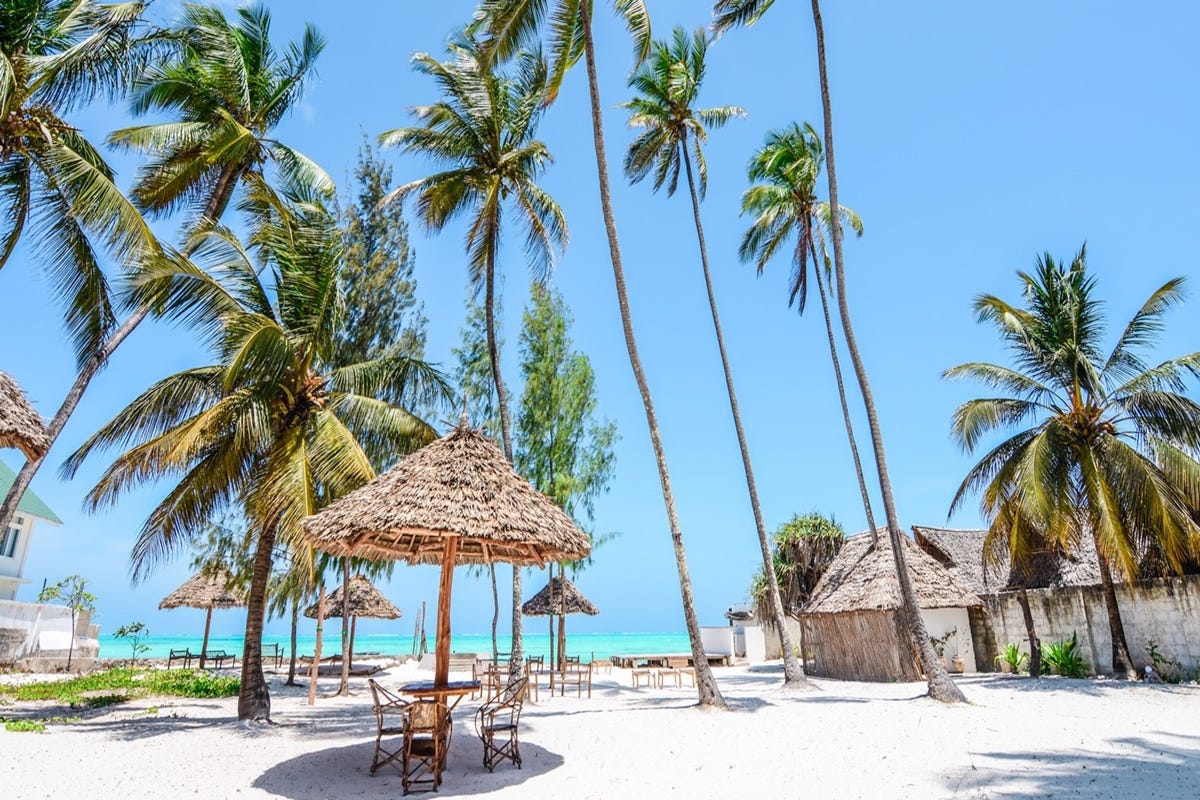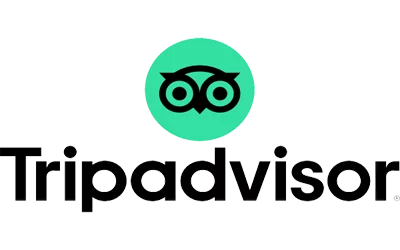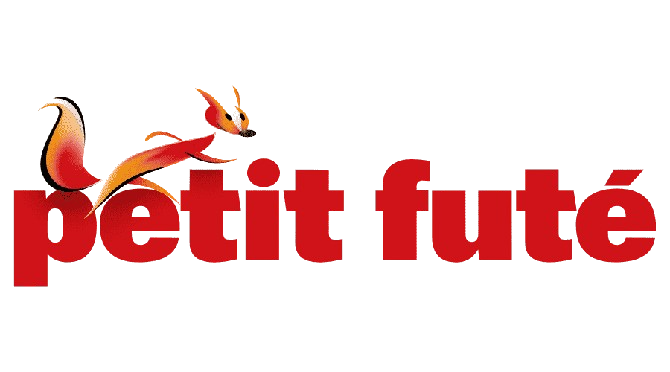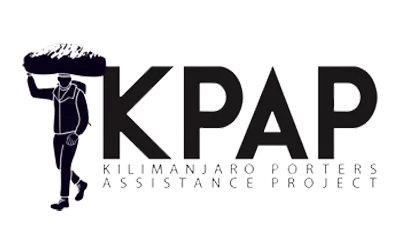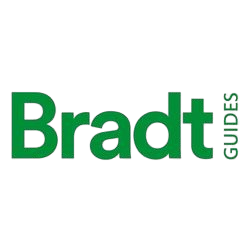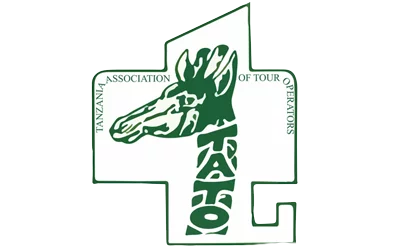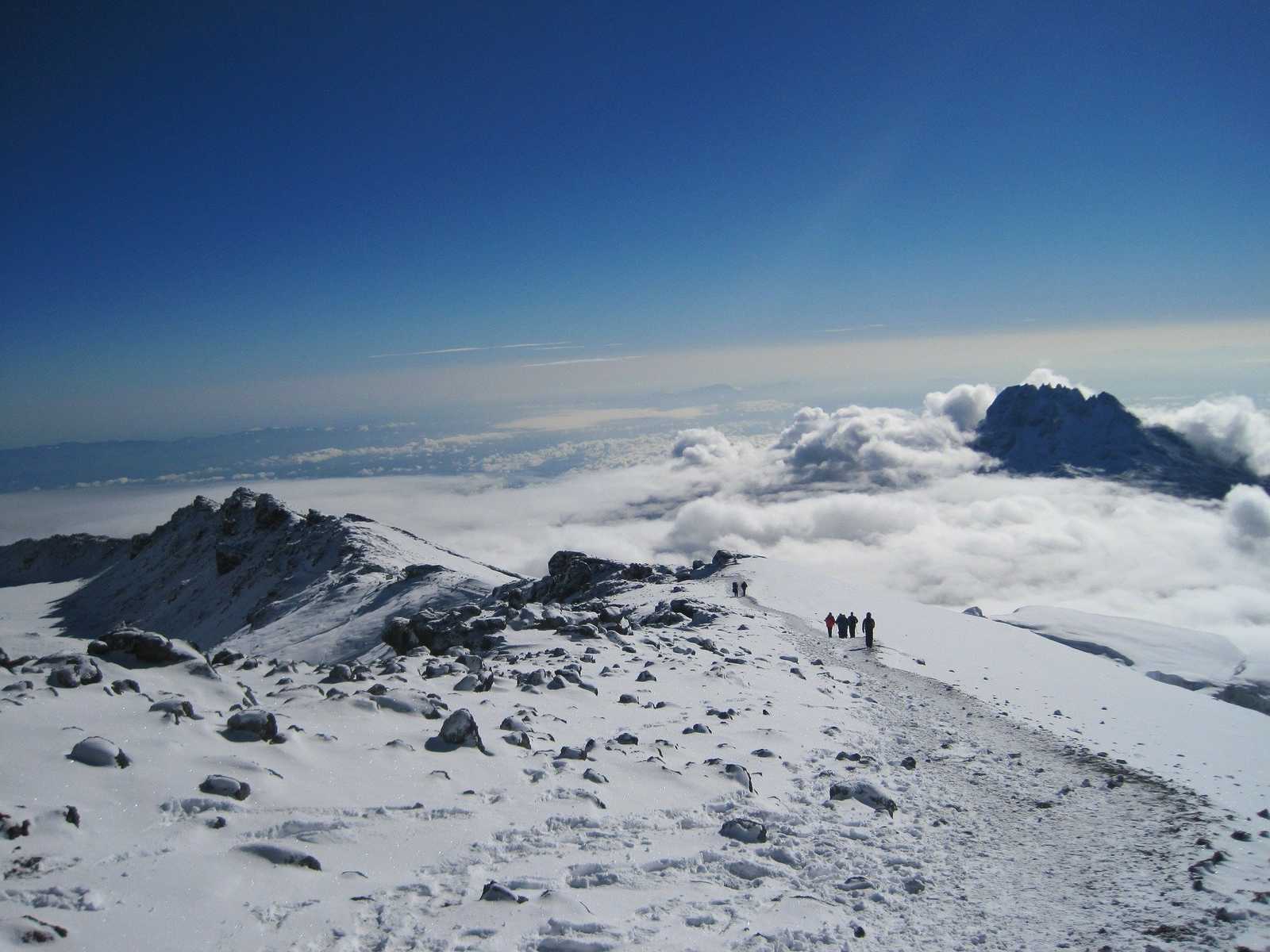
Introduction
The Marangu Route is often dubbed the “Coca-Cola Route” due to its reputation for being the most comfortable and straightforward path up Mount Kilimanjaro. However, don’t let that nickname fool you. Kilimanjaro is a formidable challenge, and the Marangu Route offers a remarkable journey through lush rainforests, alpine meadows, and awe-inspiring landscapes.
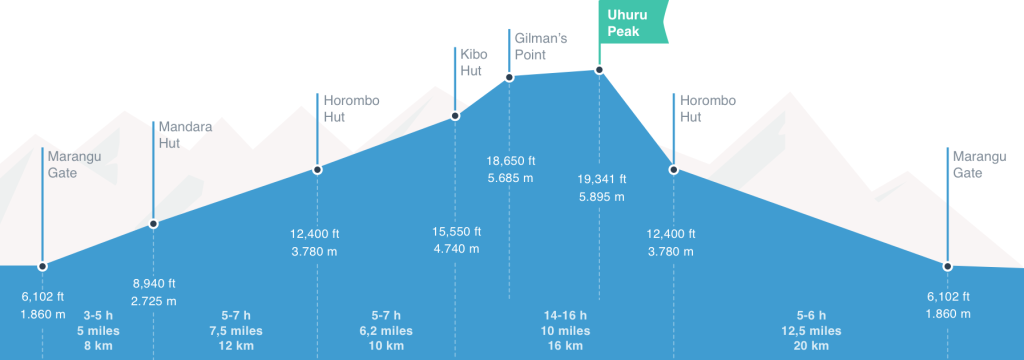
Choosing the Marangu Route
Selecting the right route is essential for a successful Kilimanjaro climb. The Marangu Route is favored for its gradual ascent, comfortable huts for overnight stays, and the opportunity to witness diverse flora and fauna.
Preparation and Gear
Proper preparation and the right gear are crucial for a successful Kilimanjaro climb. From clothing and equipment to physical training, we’ll provide you with all the necessary information here to get ready for your adventure.
Day 1: Arrival in Moshi
Your Kilimanjaro adventure begins with your arrival in Moshi, a bustling town in Tanzania. You’ll be transferred to your hotel, where you can rest and prepare for the climb. It’s essential to spend this time acclimatizing to the altitude.
Day 2: Marangu Gate to Mandara Hut
The journey begins at the Marangu Gate, the entrance to Kilimanjaro National Park. On this day, you’ll hike through lush rainforests, catching glimpses of exotic wildlife, until you reach Mandara Hut for your first overnight stay.
Day 3: Mandara Hut to Horombo Hut
As you ascend, the scenery changes dramatically. You’ll traverse the heather and moorland zones, enjoying breathtaking views of Mawenzi Peak and the surrounding landscapes.
Day 4: Horombo Hut to Kibo Hut
On this day, you’ll make your way to Kibo Hut, the final camp before your summit attempt. The stark alpine desert landscape will be a stark contrast to the lush rainforests you started in.
Day 5: Uhuru Peak – Summit Night
Summit night is an extraordinary experience. You’ll rise in the wee hours, braving the cold to reach the summit. The night sky is adorned with countless stars, and your journey culminates at Uhuru Peak, the roof of Africa.
Uhuru Peak: The Summit
Standing on Uhuru Peak is a moment of pure triumph. You’ll witness the African sunrise from the highest point on the continent and take in breathtaking panoramic views.
Descent: Gilman’s Point to Horombo Hut
Descending Kilimanjaro is just as important as ascending. You’ll make your way back down to Horombo Hut, reflecting on your achievement and taking in the scenery from a different perspective.
Day 6: Horombo Hut to Marangu Gate
The final day of your journey takes you back to Marangu Gate, where you’ll receive your certificate of accomplishment. This is a time for reflection and celebration. And then be transferred back to Hotel in Moshi.
Day 7: Departure – Kilimanjaro International Airport
After a good night’s rest at your hotel, you will take breakfast ready for the scheduled check-out by 10.00hrs.(If you wish to remain in the hotel during the day, please advise us of this when you book your trip and we will inform you of the cost for a ‘day room’ which allows you to stay until 18:00hrs, and then make the booking on your behalf.)
As the transfer services have been already included in this package, you will be collected from your hotel and dropped off at the airport.
When planning your Kilimanjaro expedition, it is essential to establish a clear budget in advance and take into account additional expenses such as tips for guides and concierge staff.
Safari Nuggets is a reputable local tour operator that helps you plan a safe and successful climb with a successful summit rate of over 95%.
What is the price for Kilimanjaro Climbing on 5 Day Marangu Route?
Below is a 2024 price list for the Kilimanjaro 5 Day Marangu route against the group size of climbers. Look for your expected group size and the price, then make a booking for your upcoming adventure with Safari Nuggets.
|
5 Day Marangu Route Prices Per Person |
|
|
Number of Climbers |
Cost per Climber |
|
1 |
$2118 |
|
2 |
$1720 |
|
3 |
$1665 |
|
4 |
$1616 |
|
5 |
$1586 |
|
6 |
$1570 |
|
7 |
$1546 |
|
8 |
$1552 |
|
9 |
$1547 |
|
10+ |
$1533 |
The Trekking Package Price Includes:
- Airport pick up and drop off – Kilimanjaro Airport (JRO) – Moshi
- 2 nights in a Hotel accommodation in Moshi (one night before the trek and the night after the trek)
- All park fees for the national park including taxes
- All meals and unlimited drinking water while on the mountain
- Private toilet tent included (1 toilet for every 7 climbers)
- All salaries for guides, assistant guides, chef, porters
- Transport to and from the park gate
- Oxygen for altitude sickness emergencies
- All camping equipment (tents, tables, chairs, cooking equipment, dining tent, sleeping mattress — but not sleeping bag)
The Trekking Package Price Excludes:
- Extra JRO airport pickups and drop offs ($40 per car)
- Sleeping bag – please bring your own or rent one from our equipment rental shop
- International flights & visas
- Travel Insurance
- Mountain climb staff tips
- Alcoholic drinks
- Personal travel and baggage
- Telephone/internet bill
- Laundry service
- Any personal items
- Activities not mentioned in the program
Note: For private groups with an even number of participants, the price is based on double occupancy in the hotel in Moshi and in the tents on the mountain. Private rooms/tents are available at an added price. For odd numbered participants, the price for one single hotel room and tent is already factored into the quoted price. Our default policy is to divide the entire price evenly. If you prefer, we can calculate a separate price for those with double occupancy and the person with single occupancy.
Everything you need to know about mountain crew tipping
How many crew members will there be on my climb?
While we will know in advance how many guides, assistant guides and cooks you will have for a climb, we will not know how many porters will be used until the morning of the climb. The maximum weight allowed for each porter to carry is 20kg plus their own gear. Of course, they also need 3 meals a day and a mattress (not all companies supply these for porters, but we do). So once the total weight of all items being brought on the mountain is weighed, we will know the definite crew numbers. Typically for a small group (4 climbers or less), a rough estimate of the number of porters is 4 porters/climber. For larger groups, approximately 3 porters per climber. Marangu route (overnights in huts) will use about 1-2 porters per climber. While we can accommodate group sizes of any number, the national park treats groups over 10 people as 2 climbs. This means that for more than 10 in your group, there will be 2 head guides, 2 cooks, etc. The group will still be together as one group on the mountain though.
How much is a recommended tip?
It is through the accumulation of feedback from our clients that the guidelines below have been suggested.
Recommended tipping rates range from:
- For head guide $20 – $30/day
- For each assistant guide $15 – $20/day
- For cook $15 – $20/day
- For each porter $5 – $7/day
Out of the group of porters, some will have additional duties during the entire climb such as tent master, waiter and toilet attendant (if using private toilet tents). We suggest giving an additional amount of $3/day to these porters. There will also be summit porters who will have additional duties during summit day only. We suggest $20/trip for the summit porters. These are only guidelines. It is up to you and your budget if you want to vary from this.
Meals during Kilimanjaro climb
While on the mountain, eating a good diet is essential for a successful climb. The food must be high energy, plentiful, appealing and easy to digest. These are important components since a great amount of energy is required. The most common symptoms of altitude sickness are nausea and loss of appetite. Food that will not disturb the stomach further is essential and since climbers at times have to force themselves to eat. The food must be appealing.
A typical breakfast may have combinations of the following:
Porridge, breads/chapati, plantains, pancakes, eggs, sausage, hot chocolate/ tea/ coffee, fruit
Lunches and dinners:
Pasta, rice, plantains, potatoes, vegetables, meat, bread, soup/stew, fruit, popcorn, peanuts
Our cooks can accommodate special diets such as vegetarian/vegan, food allergies, gluten free, etc. We welcome special requests (before we are on the mountain, please).
There is no food preservation method on the mountain (this gets less important as the temperature gets colder) but we resupply the food part way through the climb to insure freshness.
Booking Your Kilimanjaro Climb
You can book your 2024 Kilimanjaro climb by filling this form and submit your request. Our tour consultant will get back to you shortly with a quote proposal for your climb. Also see what other customers say about Safari Nuggets on TripAdvisor. Read our Kilimanjaro FAQs and Kilimanjaro Packing List.
FAQs (Frequently Asked Questions)
- How long does it take to climb Kilimanjaro via the Marangu Route?
The standard Marangu Route typically takes 5 to 6 days to reach the summit.
- Do I need prior climbing experience to attempt the Marangu Route?
While prior experience is beneficial, it’s not a requirement. The gradual ascent and comfortable huts make it suitable for trekkers of various levels.
- What is the best time of year to climb Kilimanjaro using the Marangu Route?
The best time is during the dry seasons, which are from June to October and from December to February.
- How physically demanding is the Marangu Route climb?
The Marangu Route is considered a moderate climb. Physical fitness and proper preparation are essential.
- Can I climb Kilimanjaro on the Marangu Route independently, or do I need a guide?
Kilimanjaro National Park requires all climbers to be accompanied by a certified guide and porters for safety and conservation reasons.

